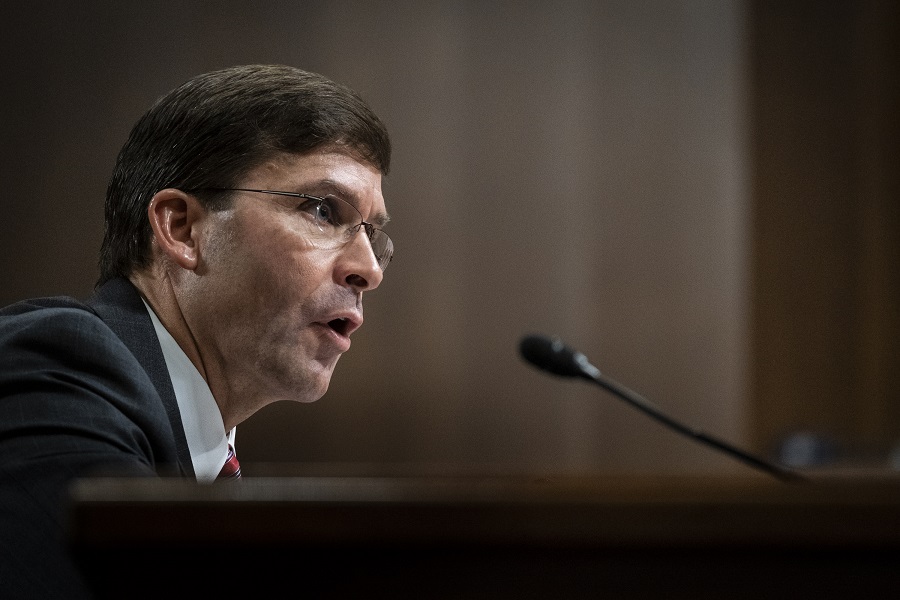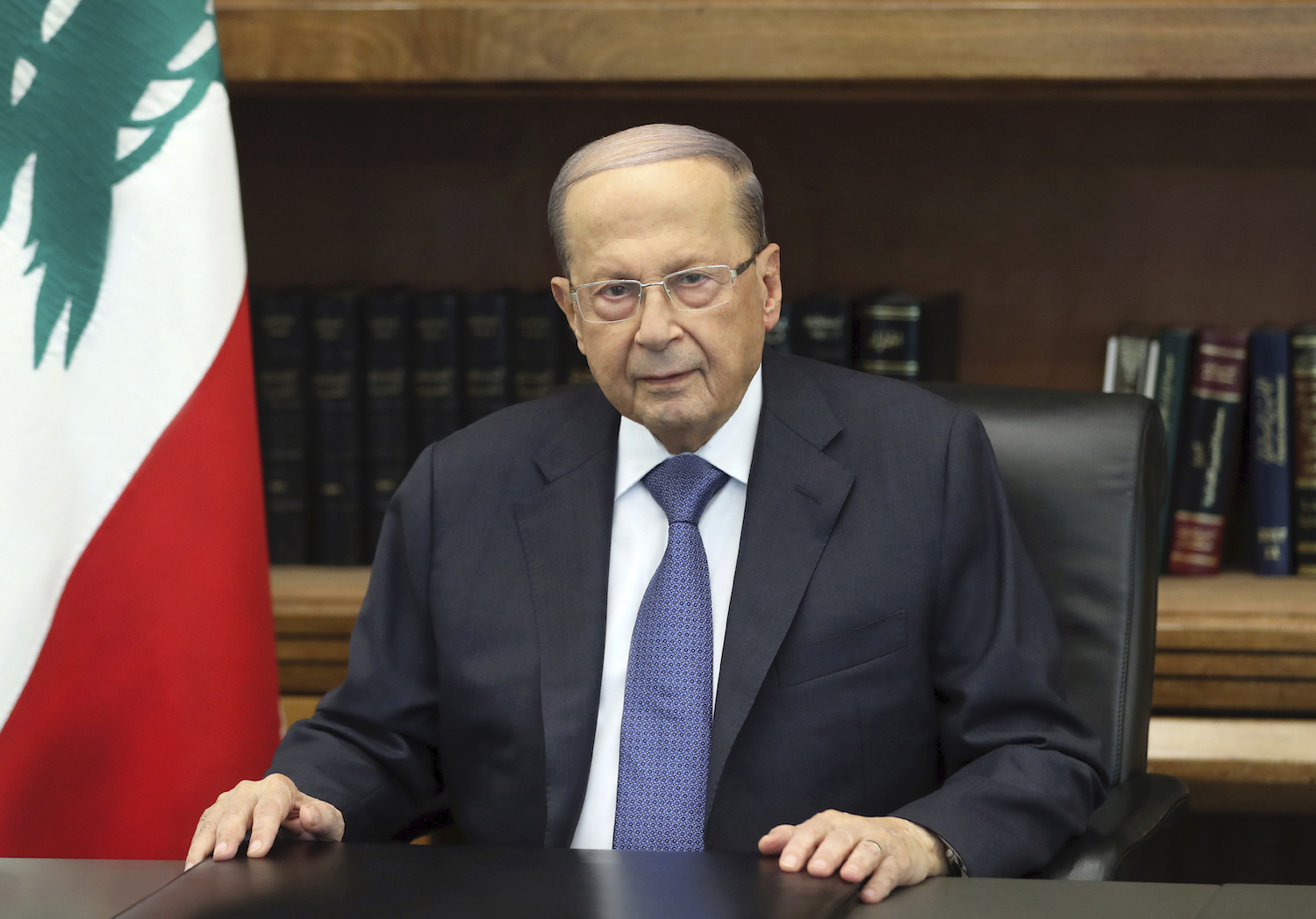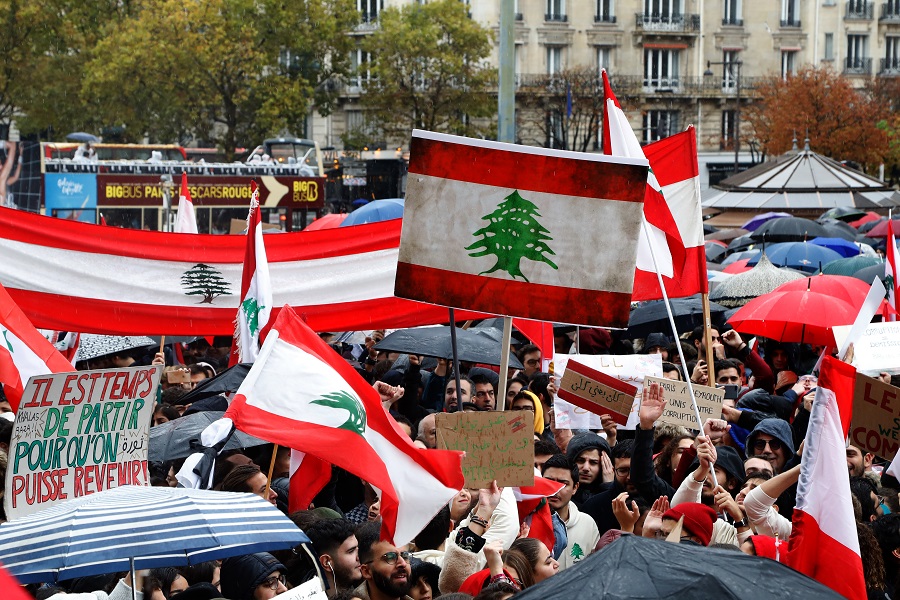Replicas of Assyrian statues smashed by Daesh unveiled in Iraq’s Mosul
MOSUL: Two high-tech replicas of iconic Assyrian statues destroyed by the Daesh group in northern Iraq were unveiled on Thursday at the University of Mosul.
The real “lamassu” — massive statues of winged bulls with human faces — had adorned a royal throne room in the ancient city of Nimrud for centuries, and one was later exhibited in the Mosul Museum.
But extremists destroyed the originals after they swept across northern Iraq in 2014, blowing up Nimrud and filming themselves taking hammers to pre-Islamic artefacts they deemed heretical.
Iraqi troops recaptured Mosul in mid-2017, but the museum has remained shuttered and the lamassu in ruins.
Using 3D recordings of lamassu fragments, the Spanish Factum Foundation created copies, erected this week outside the student library at the University of Mosul.
“This gift is a message of hope that Mosul has returned to normal and its people must build their city,” Spanish Ambassador Juan Jose Escobar said at the statues’ unveiling.
Ahmad Qassem, a professor of history at the University of Mosul, said the lamassu’s hybrid figure is highly symbolic.
“The head symbolizes wisdom, the wings speed, and the body — a mix of a bull and a lion — represent strength,” he told AFP.
And Factum founder Adam Lowe told AFP the replicas now had their own meaning.
“We want them to be here as a symbol, a demonstration of what’s possible with technology when people work together to share cultural heritage, share understanding, and share our historical culture that links us all together,” he said.
“Now they’re sitting in front of the entrance to the student building and I hope they’ll guard everyone for many years to come,” said Lowe.
University student Ilaf Muhannad said she was elated to see her university house them.
“I’m so happy today to see the lamassu statues placed here, because it represents the civilization and heritage of Mosul. We demand the Iraqi government work on returning everything stolen from Mosul,” she said.
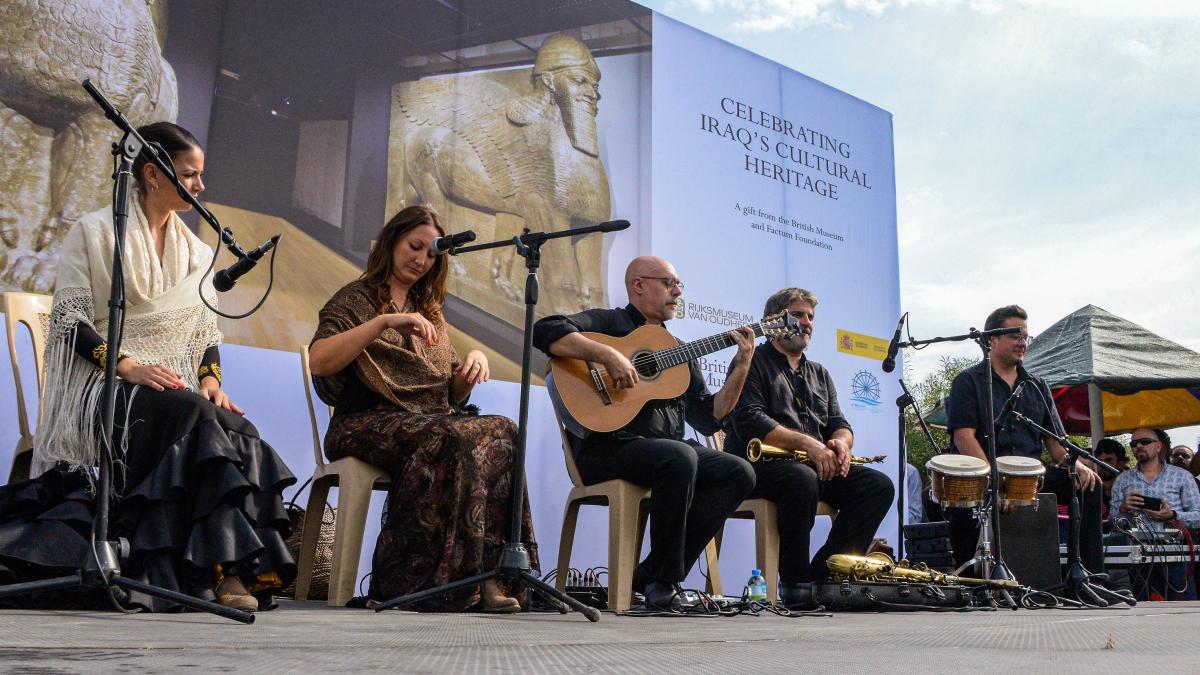
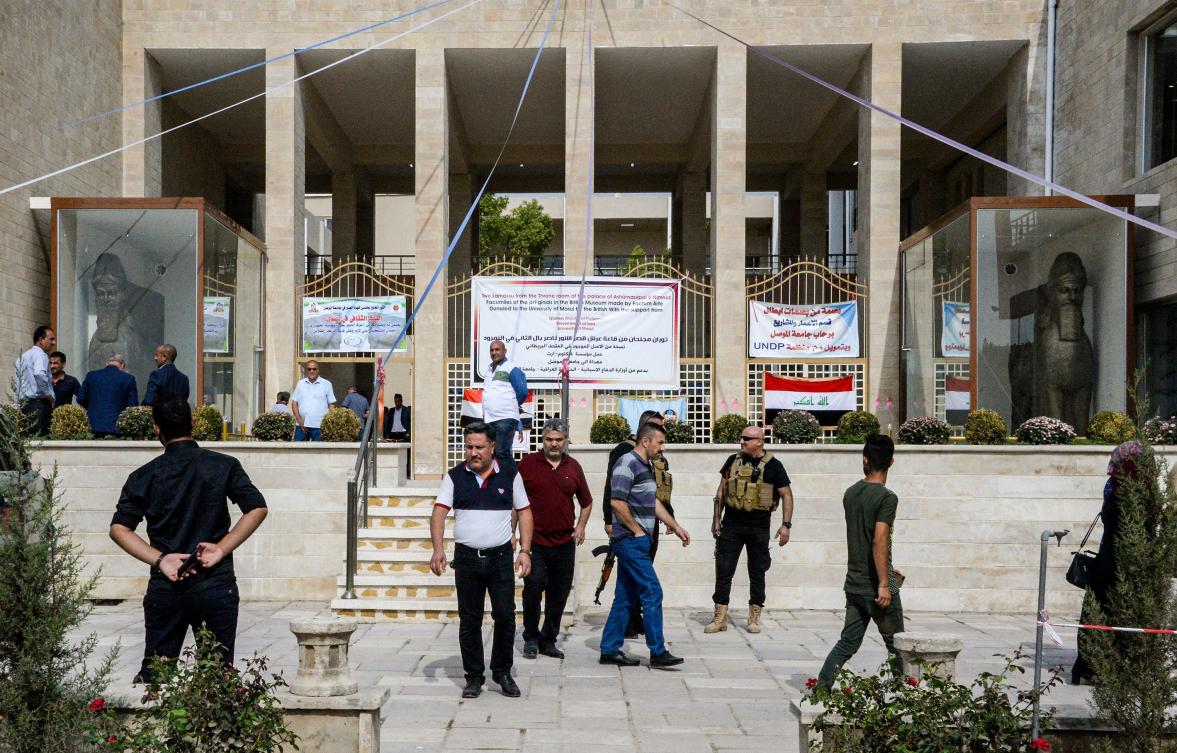
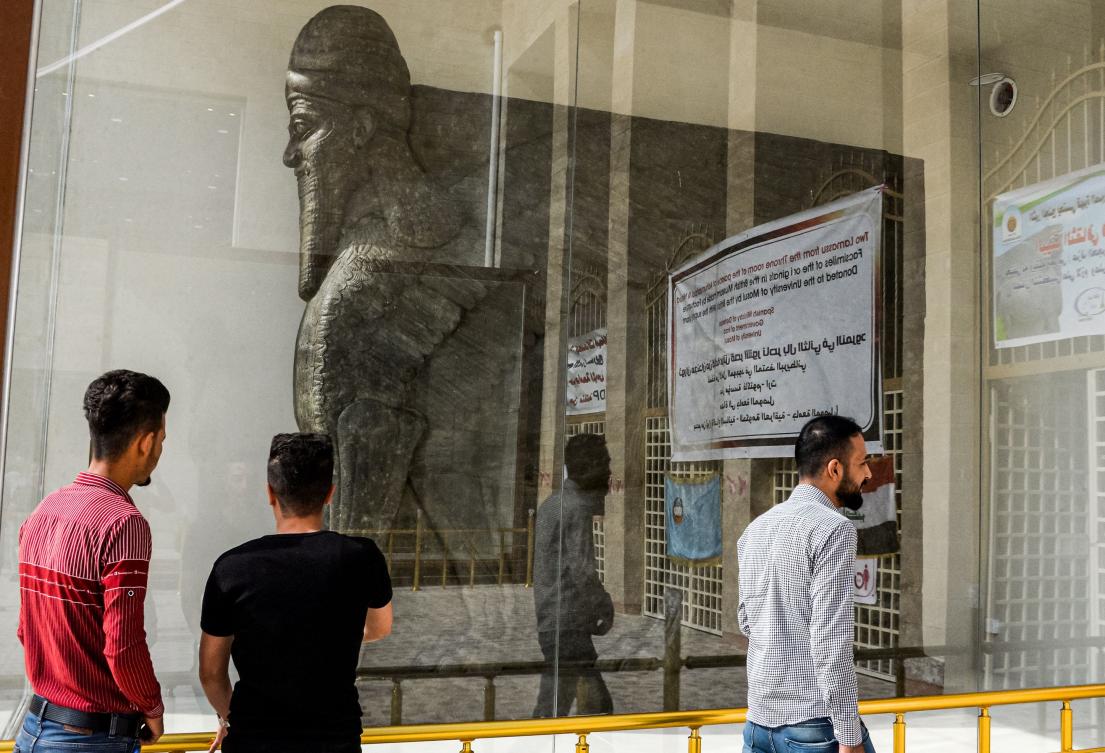
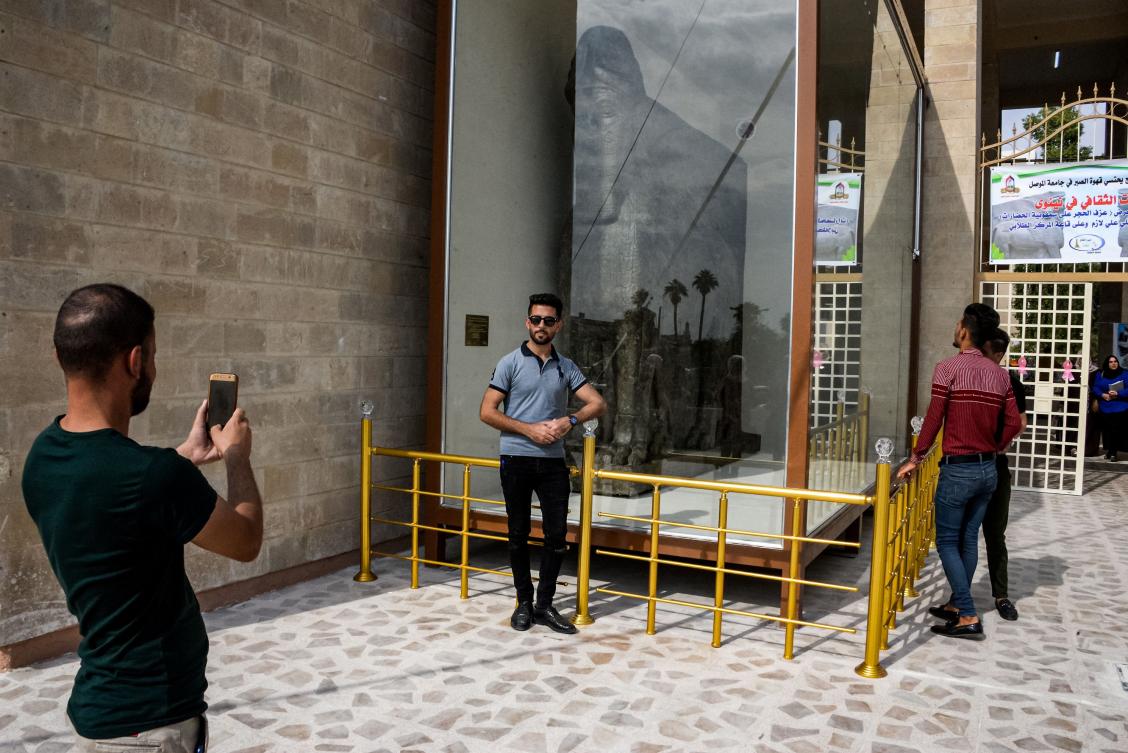
Iraqi security forces used ‘excessive force’ during protests that killed 157 -government inquiry
